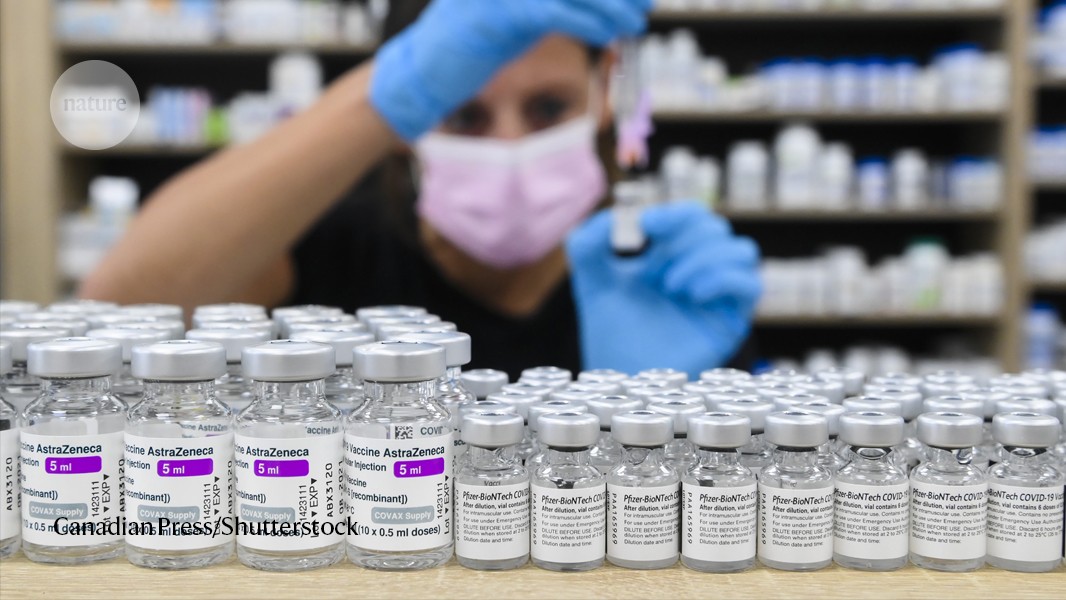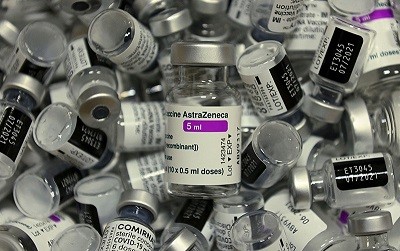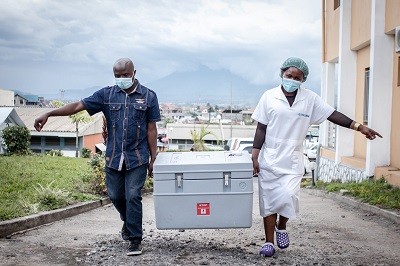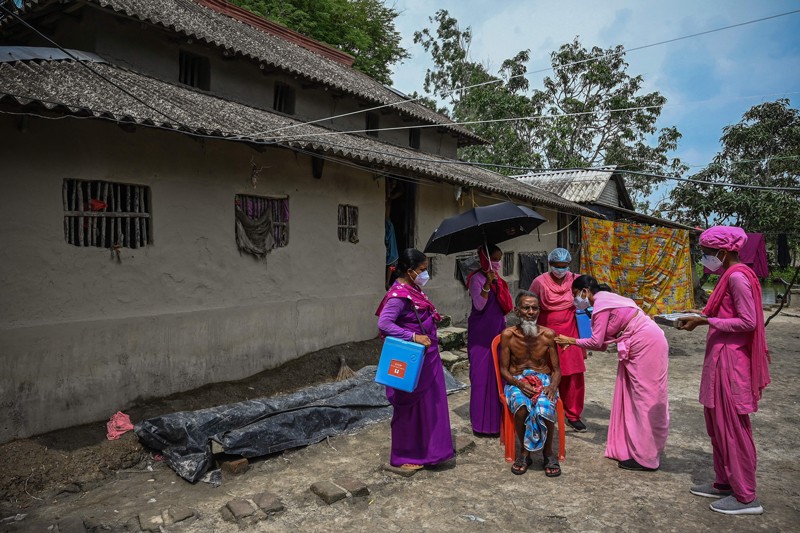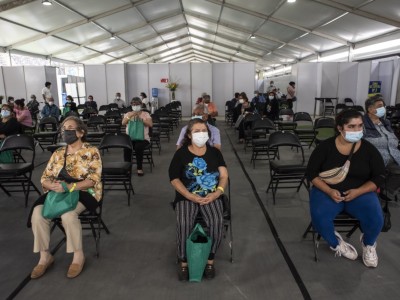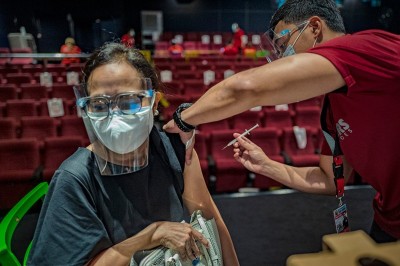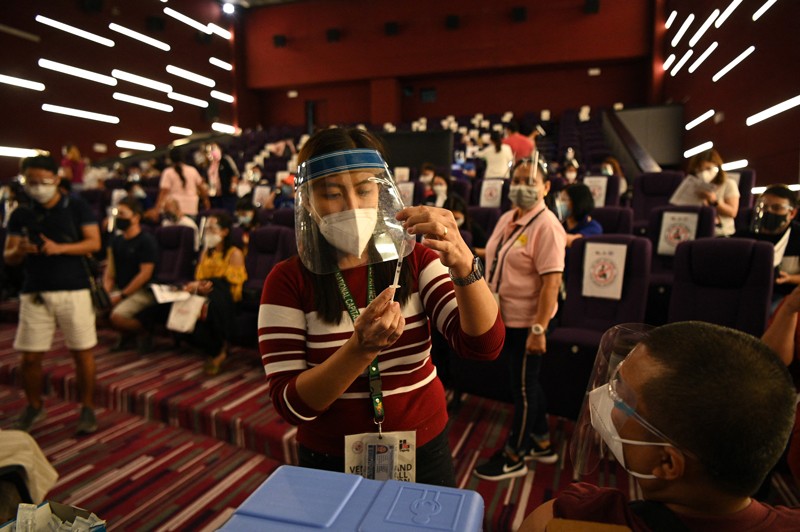- Joined
- Jun 8, 2008
- Messages
- 56,745
Yes I shall take the booster when it is made available to me this and year after year like the flu vaccine; until it is deemed unnecessary.
I am now in the 'vulnerable' category due to an underlying health condition, therefore, better to be safe than sorry!
DK
Did they give you a time frame for when you will be eligible for the booster?
If you have already had a Covid vaccine(s) will you get a booster when it becomes available to you?
If yes, why?
If no, why?
If you are undecided what will help you make up your mind?
Yes I will. I work very closely with my students, so I will definitely get a booster. I do agree the vaccines are helping with hospitalizations and serious illness.
What’s this I read about ADE (Antibody Dependent Enhancement)? Anyone care to opine or explain if this is possible?
 health-desk.org
health-desk.org
Yes
But no one is talking about it here yet
Still waiting to be vacinated.....
Becsuse the govt is doing a sh*t show of it
Not until the rest of the world gets their first dose.
Yes
But no one is talking about it here yet
Still waiting to be vacinated.....
Becsuse the govt is doing a sh*t show of it
My husband took the AZ. Between us we decided to split the risk. I'm waiting for my Pfizer booking in September and Hubby for the AZ on Thursday!
Good luck @mellowyellowgirl!
If he makes it past 50 days we're good!!!! Hopefully!!!!!
They say the risk is with the first dose.
Fingers crossed. We are back to March 2020 precautions. Wearing masks indoors (not at home) and no socializing. Keeping a distance from people and no eating out. If we go indoors we leave fast and always wear a mask. I am assuming at this point we can all get Covid or a variant so we cannot be too careful. Even if we get a booster we will continue with these precautions til I know it is safe.
Funnily enough Missy his reason for taking AZ was because he did not want to lose his taste buds. Of all the things Covid could do, he was like lost taste buds might as well mean death for him and he'd rather take his chances with AZ.
Yes, it's been 6 months since my second dose and I'm a public school teacher. I get my flu shot annually and I expect this to be similar.
oh yeah I will, I have started wearing masks again after Acardian's post...I hate them so anything to get away from those horrible things
I wonder about the usefulness of another shot of the current vaccines, I'm more interested in a enhanced booster tuned more towards the variants.
Will see how the timelines play out.
Yes im interested in moderna as my first 2 were Pfizer if there isn't a variant specific one available..What I would like to do is get my third dose as Pfizer. Not sure they will be allowing that when I get my booster but that would be my preference. For a stronger protection which preliminary studies show could be the case. Mixing the vaccines.
Yes im interested in moderna as my first 2 were Pfizer if there isn't a variant specific one available..
Canada has been mixing them as well as other countries and so far it looks like its going ok.
/cloudfront-us-east-2.images.arcpublishing.com/reuters/GXVPRYF3LJLA5DA2C536S7IU4U.jpg)
